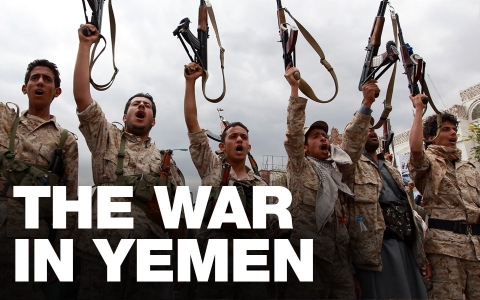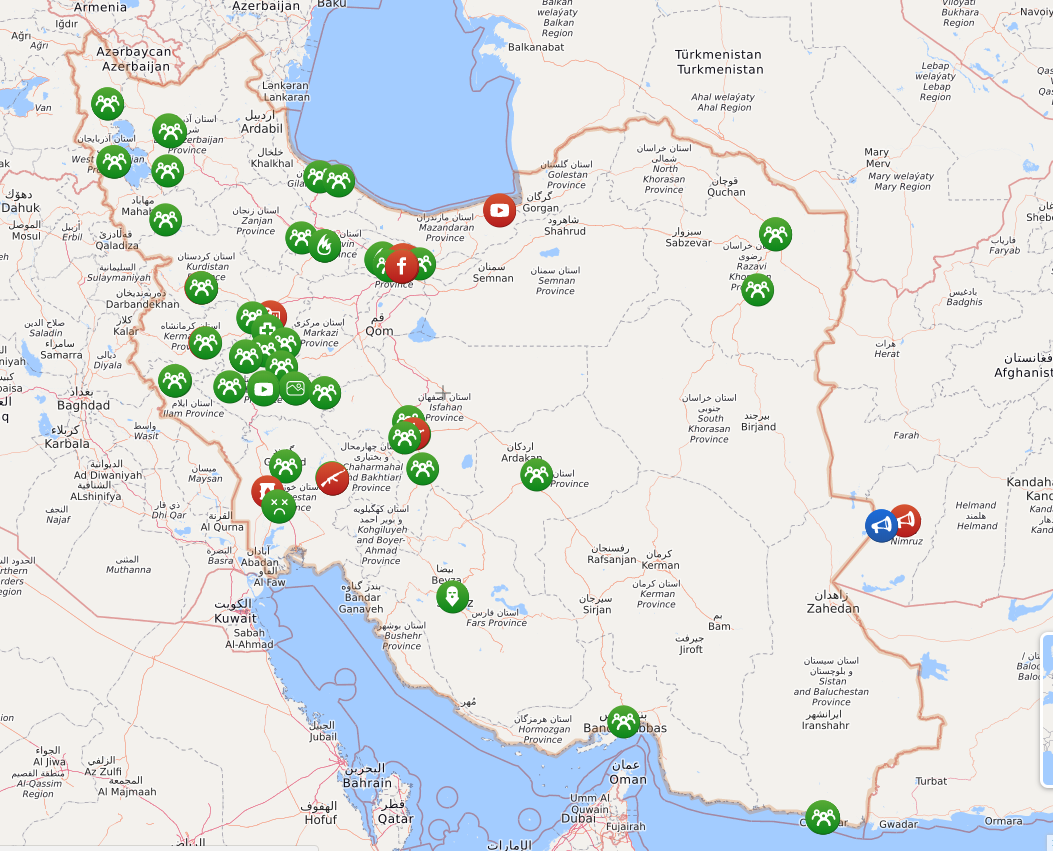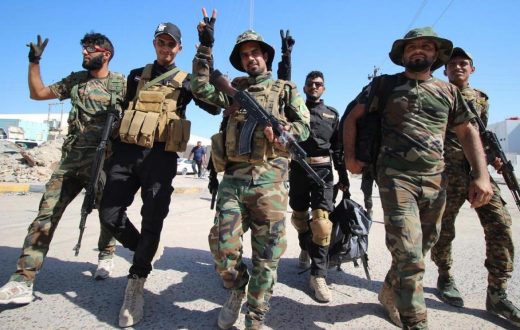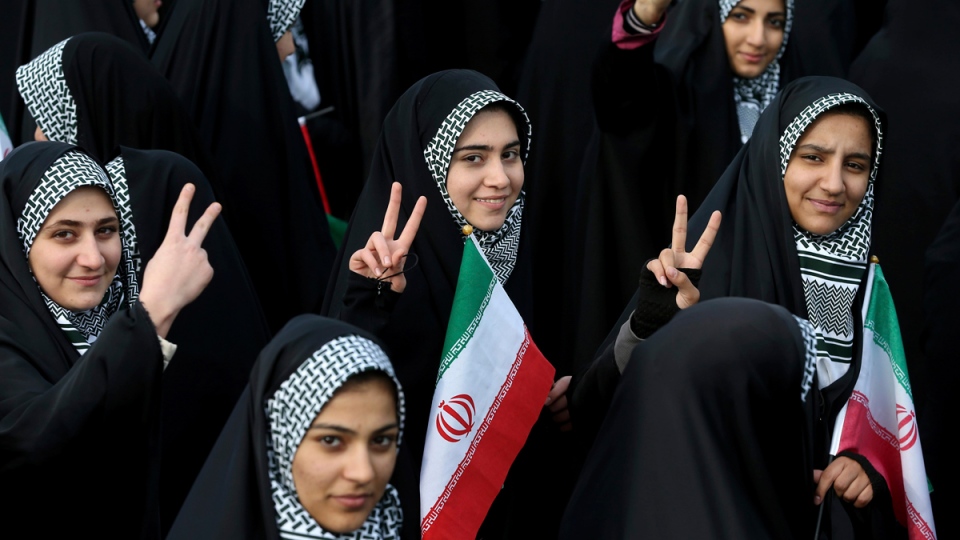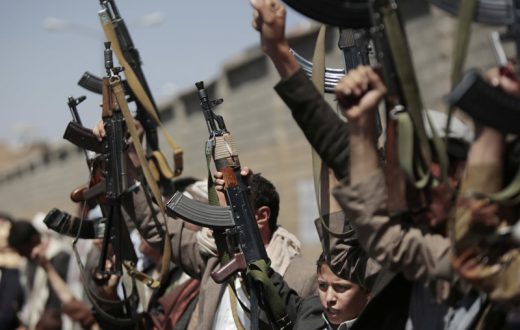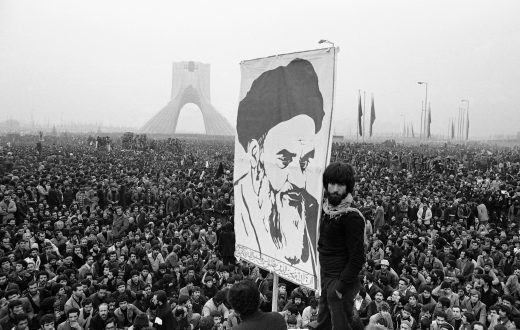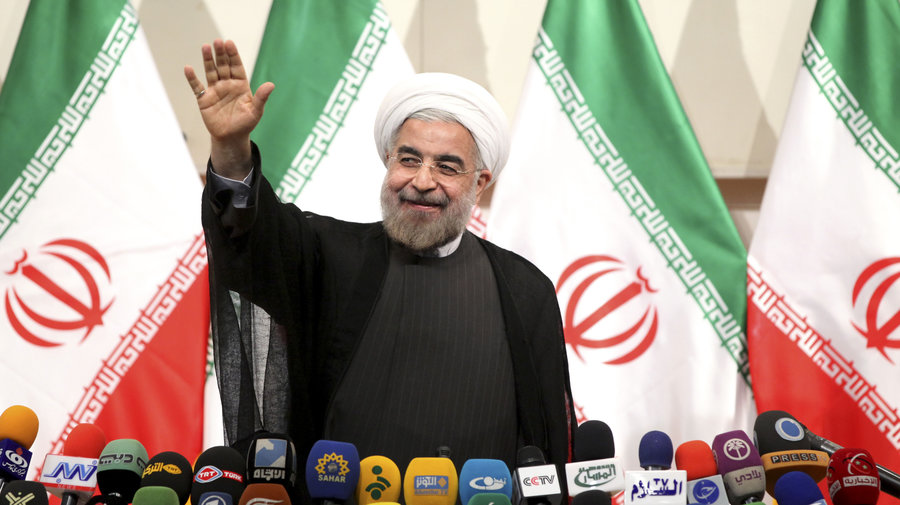In 2014, Yemen’s leader Hadi began pursuing a federal system to better distribute power among Yemen’s different political groups, but obstacles to the plan emerged. The country’s Houthi rebel group wanted more power within the new system and stepped up its campaign against the government in Sanaa, advancing all the way to the capital and eventually forcing it into U.N.-brokered peace talks in August. Per the agreement, Yemen formed a new government to appease the Houthis. However, the group was unhappy with the terms of the new proposition for the country’s constitution. Despite agreeing to a cease-fire Jan. 19, Houthi rebels stormed the presidential palace in Sanaa and surrounded Prime Minister Khaled Bahah’s residence Jan. 20. Although on the surface the Houthis’ actions resemble a coup, the militants are actually pursuing a different strategy. Their recent moves are aimed at demonstrating their strength — they are not interested in directly ruling Yemen. Instead, they seek to increase their influence within Yemen’s federal system. Stratfor has been tracking the conflict in Yemen closely, and below is a routinely updated chronicle of the most recent developments.
Oct. 19: In Yemen, a Violent Stalemate
Heavy fighting continues across Yemen, with a major Saudi-led ground offensive to retake Sanaa underway. Yemeni Foreign Minister Riad Yassin announced Oct. 13 that the battle to retake the country’s capital had begun, but so far, progress has stalled in Marib province in the face of heavy resistance. Saudi-led coalition aircraft are inflicting punishing airstrikes on Yemeni towns and cities still under the control of Houthi rebels and forces loyal to former president-turned insurgent Ali Abdullah Saleh.
Two battalions of Sudanese infantry arrived in the port city of Aden to help support military operations in Yemen. They may be called upon to augment existing forces in Aden to try and improve the security situation, or to move north to assist with the Sanaa offensive, or perhaps to try to tip the balance in the stalled operation to drive the Houthis out of the contested city of Taiz. Though additional troops are a boon for the anti-Houthi alliance, the diverse nature of the military coalition is problematic. Coordinating the various ground and air forces has been difficult, leading to several friendly fire episodes. The most recent incident occurred Oct. 17, when a misplaced Saudi airstrikes killed 20 coalition fighters by mistake and injured dozens more. Difficulties aside, the coalition has made progress in some areas, particularly along the Red Sea coast, although the critical port of al-Hudaydah remains out of reach for now.
Unwilling to be fixed in place, Houthi and Saleh-aligned forces conducted several successful counterattacks over the weekend. A rebel thrust into Bayda province regained territory and inflicted significant coalition losses. Other counterattacks in Shabwa province were also reportedly successful. As well as launching indirect fire attacks across Yemen’s northern border into Saudi Arabia, the rebels also stage cross-border raids. In an attack over the weekend, the Houthis managed to kill several paratroopers at a base in Jizan province, Saudi Arabia, and reportedly took at least one soldier captive.
Further capitalizing on the chaos and disorder in Yemen, al Qaeda in the Arabian Peninsula extended its influence in Abyan province, strengthening its hold over the provincial capital, Zinjibar. Meanwhile, the Islamic State continues its systematic assassination campaign targeting coalition soldiers and aid workers in the Aden peninsula. This has a wider destabilizing effect because Aden is a key transit hub for essential humanitarian supplies: Beyond the immediate conflict, Yemen is in the midst of a humanitarian crisis, experiencing shortages of food, gas, water and medical supplies in particular. The situation is worsened by intense fighting resulting from the coalition’s push to remove deep-rooted Houthi and Saleh-aligned elements throughout the country as well as the naval blockade that has prevented essential supplies from reaching ports such as al-Hudaydah.
On the diplomatic front, the rebels provisionally agreed to abide by a U.N.-brokered peace plan developed earlier in October. Yemeni President Abd Rabboh Mansour Hadi recently announced that his administration is willing to accept U.N.-led peace talks. In response, the Houthis issued an agreement, but said they would keep fighting in the meantime. Going into talks, all parties want to negotiate from a position of strength, supported by successes on the battlefield. Rather than crumbling under the weight of the combined coalition, the Houthis have stayed potent. As long as they have a stomach and resources for the fight, they will not easily concede at the negotiating table or on the battlefield until they can achieve a favorable position.

